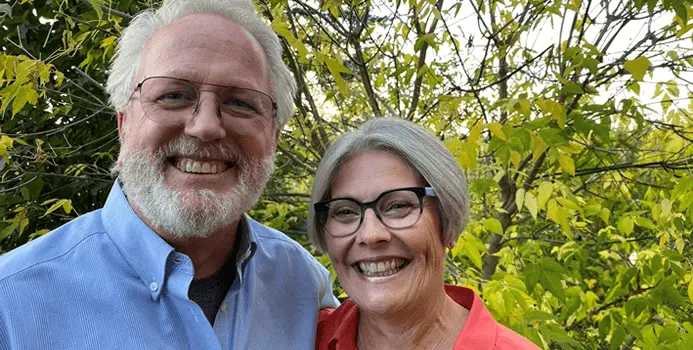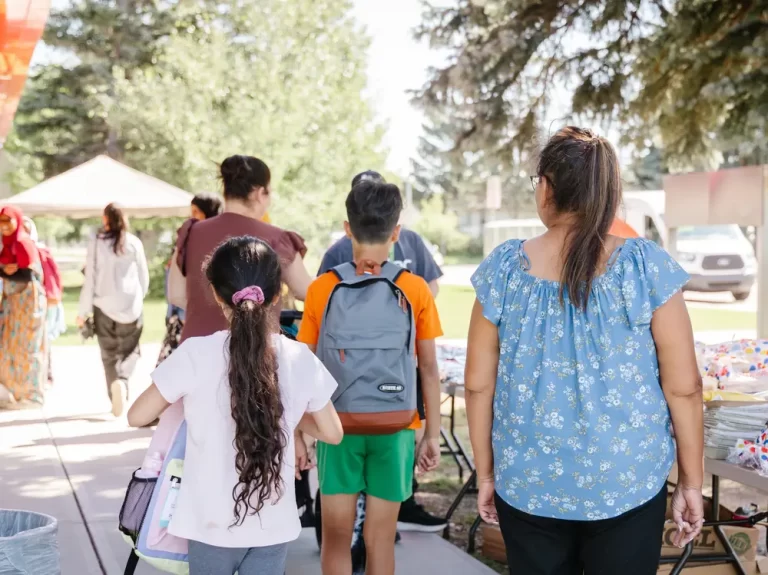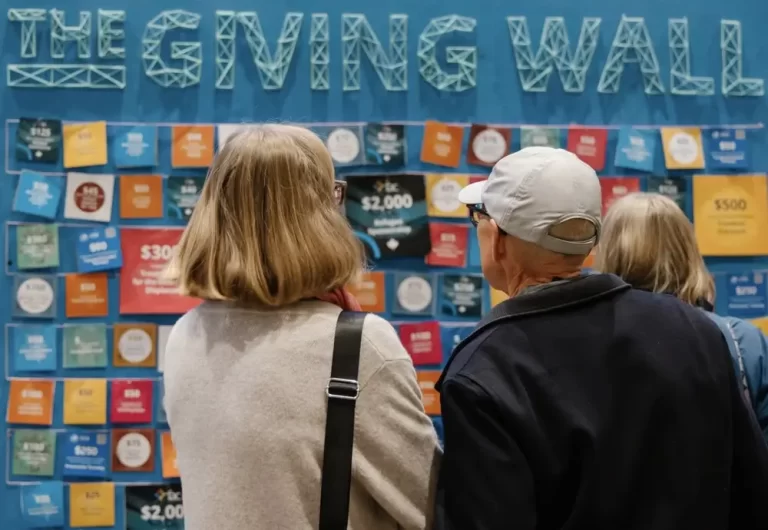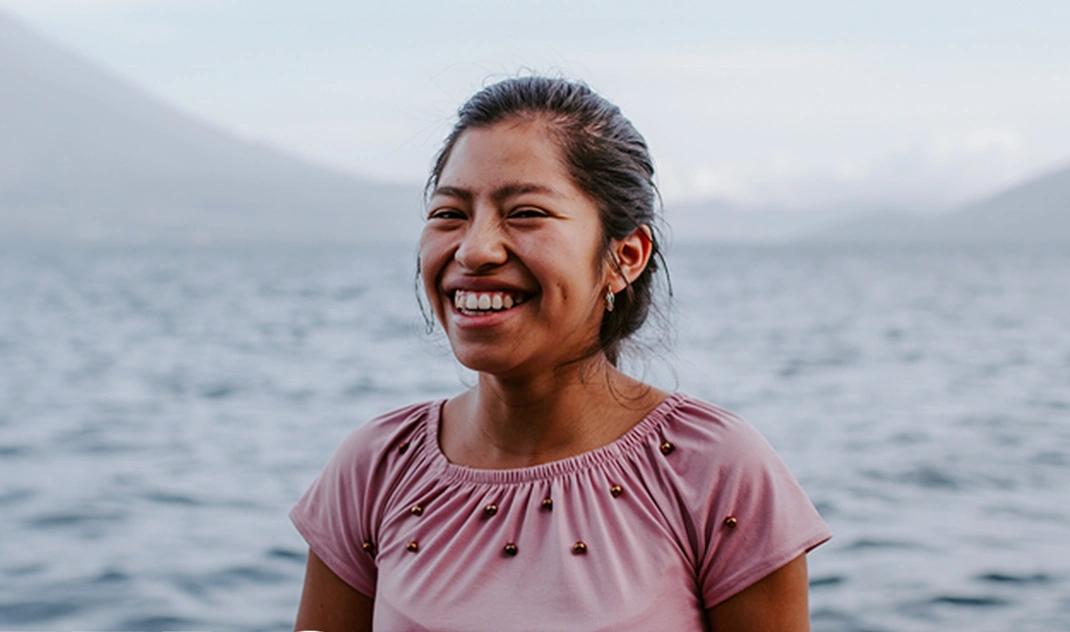
The Church and Social Justice
When we think about global missions, our minds often go to sharing the gospel, feeding the hungry, or building schools. All of these are needed expressions of God’s love. But what if we also considered another major threat faced by those living in poverty…not just hunger or lack of education, but the daily reality of violence?
God’s Word calls us to “seek justice, defend the oppressed” (Isaiah 1:17). This scripture reminds us that justice is at the very heart of who God is. So what does that mean for us, as a church, to reflect God’s heart for justice, both locally and globally?
One of the ways we join Jesus in the renewal of all things is by partnering with those on the frontlines of this work. That’s why we’re grateful for our partnership with International Justice Mission (IJM). Through their stories, we catch a glimpse of God’s heart for justice and the ways FAC’s partnership is making a real difference in communities around the world.
FAC: Share a little about who you are and what you do. What’s your mission?
Robin: My name is Robin and I work with International Justice Mission (IJM). We, as a global Church, practice many excellent ways care for those living in poverty. For example, we send missionaries to share the gospel message. We feed the hungry, dig wells or build schools. But one pressing concern often goes unnoticed or unaddressed: violence. It is the common, everyday criminal violence that keeps a Bolivian girl from walking to school for fear of attack or abuse.
And that is why International Justice Mission (or IJM) was founded 28 years ago. Our mission is to protect those in poverty from violence. We are a global team of lawyers, social workers, community activists and other professionals working in 44 offices across 29 countries, driven by God’s call to seek justice for people in oppression. To set the captives free and see the strengthening of the justice systems we partner with around the world.
FAC: How have you seen FAC partner with you in the past?
Robin: According to the World Bank, “Women and girls are murdered at a higher rate in Guatemala than almost anywhere in the world.” But FAC is helping us to change that. In 2023, during the first year of our partnership, IJM Guatemala trained 57 front-line police trainers on implementing trauma-informed principles during the complaint-filing process. This means that when a young woman in Guatemala comes seeking help, she will find a trained and responsive police officer to connect with.
What’s more, FAC helped us to roll out this training to the entire police force in Guatemala City through an online curriculum designed by IJM.
FAC: Any specific stories you’d like to share that would help people at FAC understand what you’re about and the felt needs your organization serves?
Robin: Billie* was always shy and reserved growing up in Bolivia. For as long as she can remember, she preferred quiet activities.
Never did she think someone would manipulate and exploit that quality. But when she was just eight years old, someone she trusted—someone who should have cared for her and kept her safe—started sexually abusing her.
Because the perpetrator was someone close to her family, someone who was always nearby, she felt forced to remain silent. When her mother found out the perpetrator had been abusing others in their family, she filed a complaint and Billie was able to start therapy.
But when Billie tried to bring her case to justice officials, but they either refused to take her case or turned her away altogether. “The process was a nightmare. The people I encountered lacked empathy towards my situation,” recalls Billie. “But who [else] could I complain to? I was on my own.” It seemed like no one was listening. Like no one cared. Like no one wanted to help.
She was soon referred to IJM Bolivia. It was then that her healing journey took flight. She started attending The Phoenix Group, a chapter of the Global Survivor Network in Bolivia, convened by IJM. There, she was able to understand that she wasn’t alone and that she was surrounded by other women and men who could empathize and who were ready to walk with her to healing.
It was also The Phoenix Group who were instrumental in connecting her to a new legal team, a local IJM partner who was able to take on her case and walk with her through complex justice systems.
Billie’s story isn’t over. Healing from sexual violence isn’t just a single moment. The healing doesn’t finish when a survivor shares their story or a perpetrator is convicted of their crimes. It’s a journey that often spans decades. That is why the long, faithful partnership of FAC means so much to us at IJM Canada. And it means so much to girls like Billie.
By partnering with us over these many years, you are saying to girls like Billie, “I am with you, no matter what. I’ll be here for as long as your journey takes.”
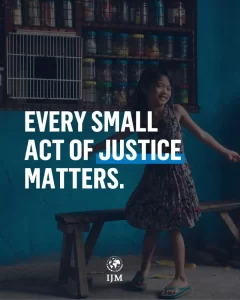
FAC: What’s the one thing you want us to know?
Robin: Do you remember that part of C.S. Lewis’ “The Lion, the Witch, and the Wardrobe” where a rumour starts to run through Narnia? It’s whispered by talking animals, thrilling the children who hear it, “Aslan is on the move.”
Well, in the midst of all the darkness and evil of IJM’s casework – all the abuse, the violence, the exploitation—there is a word of hope ringing through our court cases, our police trainings, our government advocacy. Aslan is on the move. God is doing something miraculous in our midst, in this moment of history, if we have eyes to see it.
FAC: How can people at FAC best support you?
Robin: It starts with prayer. Please pray for work that IJM is doing this month in Guatemala with local magistrates to draft an important bill. This new law will recognize a role for community-based local leaders trained by the Supreme Court to help people in their communities understand and access the justice system, especially in violence against women and children cases. This would give court and government endorsement to building Guatemalan communities where women and children can find the support they need to navigate the at times complex justice system.
Also, please join us in grieving the recent death of an IJM partner pastor in El Salvador. Pastor Miguel was a joyful and devoted man, deeply committed to the Kingdom of God and His justice. His passion for justice drove him to confront the numerous challenges associated with seeking justice for his community. His dedication also led him to become certified as a community advocate (judicial facilitator) by the Supreme Court of Justice, where he served as a bridge between his congregation, his community, and the justice system.
As we remember Pastor Miguel’s joy and commitment, we also feel the weight of losing such a courageous man.
FAC: What are some specific ways someone can help? How can someone get involved?
Robin:
- Are you a lawyer, police investigator, social worker or other justice system official (like a court administrator or a judge)? Then we would love to meet you! Our IJM teams often benefit from the expertise of Canadian professional volunteers or fellows. While this work is not for everyone and is very dependent on the needs of IJM offices, it could be a meaningful way for you to bring your vocation out into the missions field.
- Use your voice. Look for ways you can speak up on behalf of those experiencing violence and exploitation. Explore ways you can uphold values of justice, kindness and peace in your community. This may involve taking political action by signing petitions or writing your MP on justice issues. Consider advocating with IJM for better Canadian legislation that will protect children from online sexual exploitation. Every voice matters; you never know, you might be the person who brings an issue to its tipping point.
- Pray with us, regularly and intentionally. Sign up to join a global community of prayer partners and receive weekly updates and exclusive prayer requests in your inbox.
If you would like to learn more about IJM and how you can be involved, please contact Bev Dow, the Missions Administrator.
You may also be interested in …

